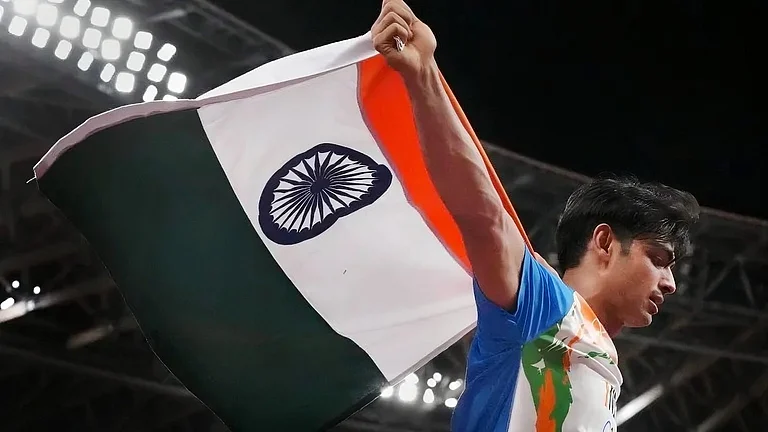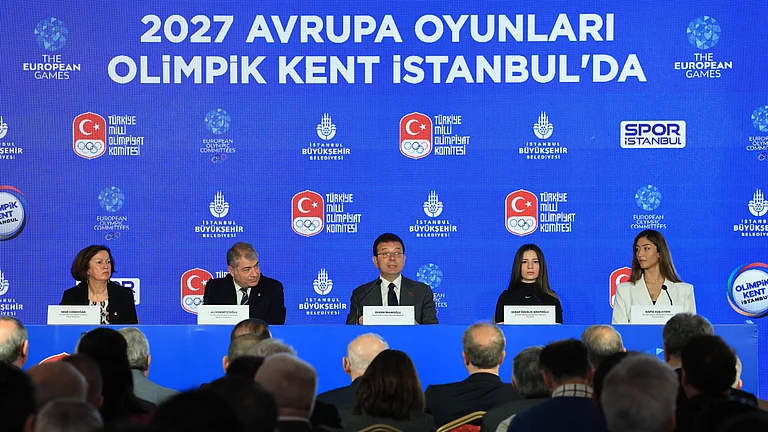After weeks of uncertainty about billion-dollar stadium projects for the 2032 Brisbane Olympics, the IOC and local organizers moved Wednesday to present the games more positively.(More Sports News)
Brisbane Olympic Games 2032: Officials Move To Support Games After Bumpy Ride
Queensland Premier Steven Miles, who faces state elections in October, had asked for a review of Olympic venue construction and prefers renovating an existing rugby stadium for the opening and closing ceremonies
Plans for a $2 billion rebuild of the storied Gabba cricket stadium as an Olympics centerpiece were dropped this month after the expected price spiraled. Australia's most influential Olympic official, John Coates, had called the stadium issues in Brisbane's home state Queensland damaging to the Olympics brand.
Queensland Premier Steven Miles, who faces state elections in October, had asked for a review of Olympic venue construction and prefers renovating an existing rugby stadium for the opening and closing ceremonies.
Reports that Queensland had explored getting out of its commitment to host the Olympics was dismissed as “fake news” last week by International Olympic Committee president Thomas Bach.
It led to IOC and local organizing officials being asked Wednesday — after their annual review of preparations — how Queensland could be made to fall in love again with the games.
“I'm not seeing a change in that feeling,” insisted Kirsty Coventry, the IOC executive board member overseeing the Brisbane project, adding that 8½ years out from the games “is the time for changes to happen.”
Coventry and Andrew Liveris, president of the Brisbane 2032 organizing committee, spoke repeatedly of following “due diligence” and adapting to the needs and wishes of local people and public authorities.
“Right now, state government has given us venues and we are going to work on that,” Liveris said in an online news conference.
Coventry, a two-time Olympic gold medalist in swimming for Zimbabwe, said an IOC priority was athletes and ensuring “fields of play are world standard.”
“It is obviously again dependent on what the people in the communities want, how the region is growing,” she said. “That is not something we as the IOC will dictate. That is where we listen.”
Stadium issues and curbing costs have become the biggest challenge for Brisbane almost three years since the Olympics were awarded in 2021 fully 11 years ahead of the opening ceremony.
Brisbane was the first Summer Games host picked in a new process to put a preferred candidate into exclusive, fast-track talks without facing a rival bidder in a vote. The IOC aimed to cut the cost of campaigning and building venues, and also avoid the kind of vote-buying scandals that tainted the 2016 Rio de Janeiro Olympics and 2020 Tokyo Olympics.
However, the Brisbane win was seen to have lacked transparency and rewarded a key IOC ally, its vice president Coates.
“The giving and awarding of Brisbane up until now have actually been very good,” Coventry said, “and been very good learning experiences.
Tags

